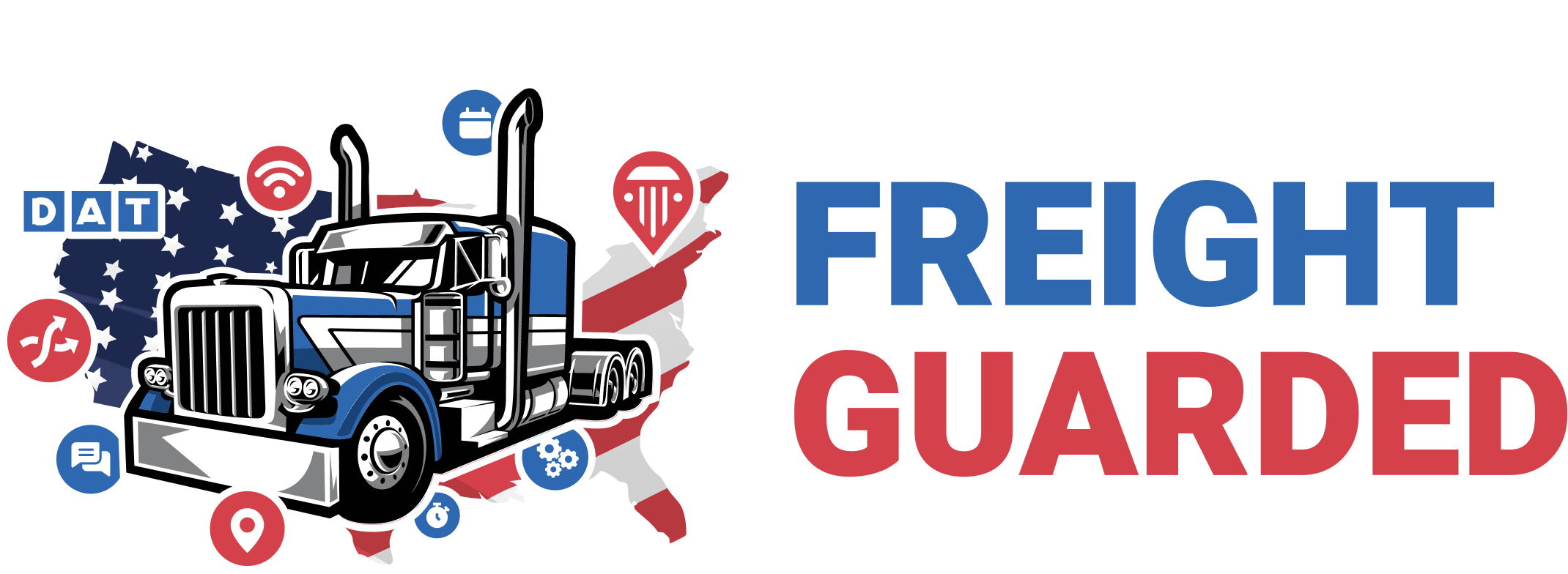The implementation of GPS tracking for Commercial Motor Vehicles (CMVs) and their trailers has become increasingly important in the modern logistics and transportation industry. This technology offers a multitude of benefits that enhance operational efficiency, security, and compliance. Here’s an overview of the importance of CMV and trailer GPS tracking:
1. Real-Time Location Monitoring
GPS tracking enables fleet managers to monitor the real-time location of vehicles and trailers, improving the visibility of assets. This is crucial for route optimization, timely delivery, and quick response to any issues that may arise during transit.
2. Enhanced Security
GPS tracking significantly enhances the security of both the vehicle and its cargo. In the event of theft or unauthorized use, the exact location of the CMV or trailer can be identified, increasing the chances of recovery. Additionally, geo-fencing features can alert managers if a vehicle moves outside of a designated area.
3. Improved Fleet Efficiency
By monitoring routes and vehicle usage, GPS tracking helps identify inefficiencies and optimize operations. Fleet managers can use this data to plan more efficient routes, reduce fuel consumption, and decrease idle times, leading to cost savings and reduced environmental impact.
4. Maintenance and Vehicle Health Monitoring
Modern GPS tracking systems can also monitor vehicle health, providing alerts for maintenance issues such as engine performance, tire pressure, and battery status. This helps prevent breakdowns and extends the lifespan of the vehicle by ensuring timely maintenance.
5. Compliance with Regulations
GPS tracking can assist in compliance with various regulations, including Hours of Service (HOS) and Electronic Logging Device (ELD) mandates. By automatically recording driving hours and rest periods, GPS systems help ensure that drivers adhere to legal requirements, reducing the risk of violations and penalties.
6. Improved Customer Service
Real-time tracking information can be shared with customers, providing them with accurate delivery times and enhancing transparency. This improves customer satisfaction and can give a company a competitive edge.
7. Data Collection and Analysis
GPS tracking systems collect vast amounts of data on vehicle usage, driver behavior, and operational efficiency. This data can be analyzed to identify trends, make informed business decisions, and implement strategic improvements.
8. Driver Safety and Behavior Monitoring
GPS tracking can also monitor driver behavior, including speed, harsh braking, and rapid acceleration. This information can be used for coaching and training drivers to adopt safer driving practices, reducing the risk of accidents and enhancing overall road safety.
9. Asset Utilization
By tracking the usage and location of trailers and vehicles, companies can better manage their assets, ensuring that they are utilized efficiently and reducing the need for unnecessary additional equipment.
10. Insurance Benefits
Many insurance companies offer reduced premiums for vehicles equipped with GPS tracking systems due to the enhanced security and reduced risk of theft. This can lead to significant cost savings for fleet operators.
In summary, GPS tracking for CMVs and trailers is a vital tool in the modern transportation and logistics industry, offering benefits that range from improved operational efficiency and security to compliance with regulations and enhanced customer service. As technology continues to evolve, the capabilities and importance of GPS tracking are likely to expand further, making it an indispensable tool for fleet management.

.thumb.jpg.79710ba0be5a9f3be83fb45bcaf36e79.jpg)